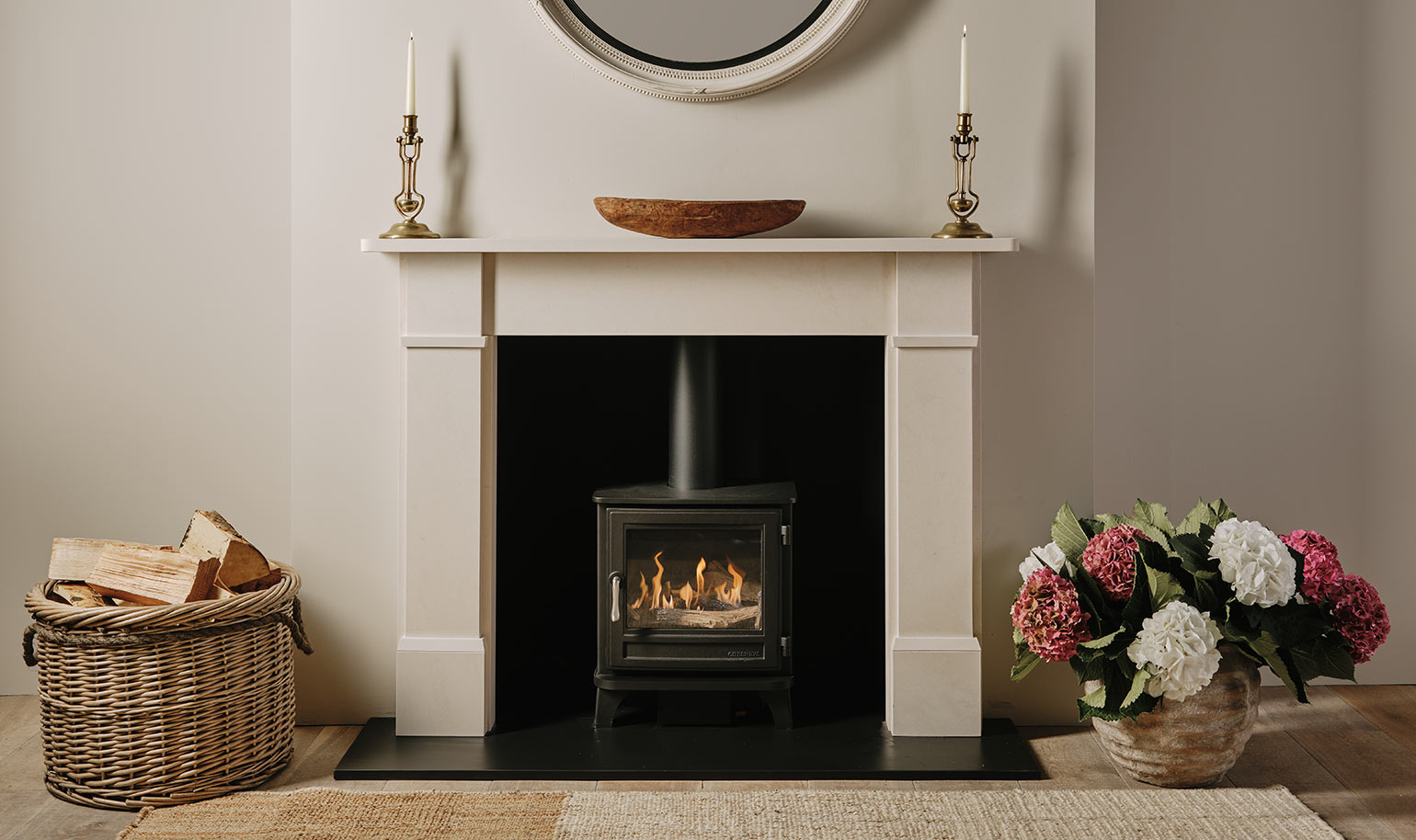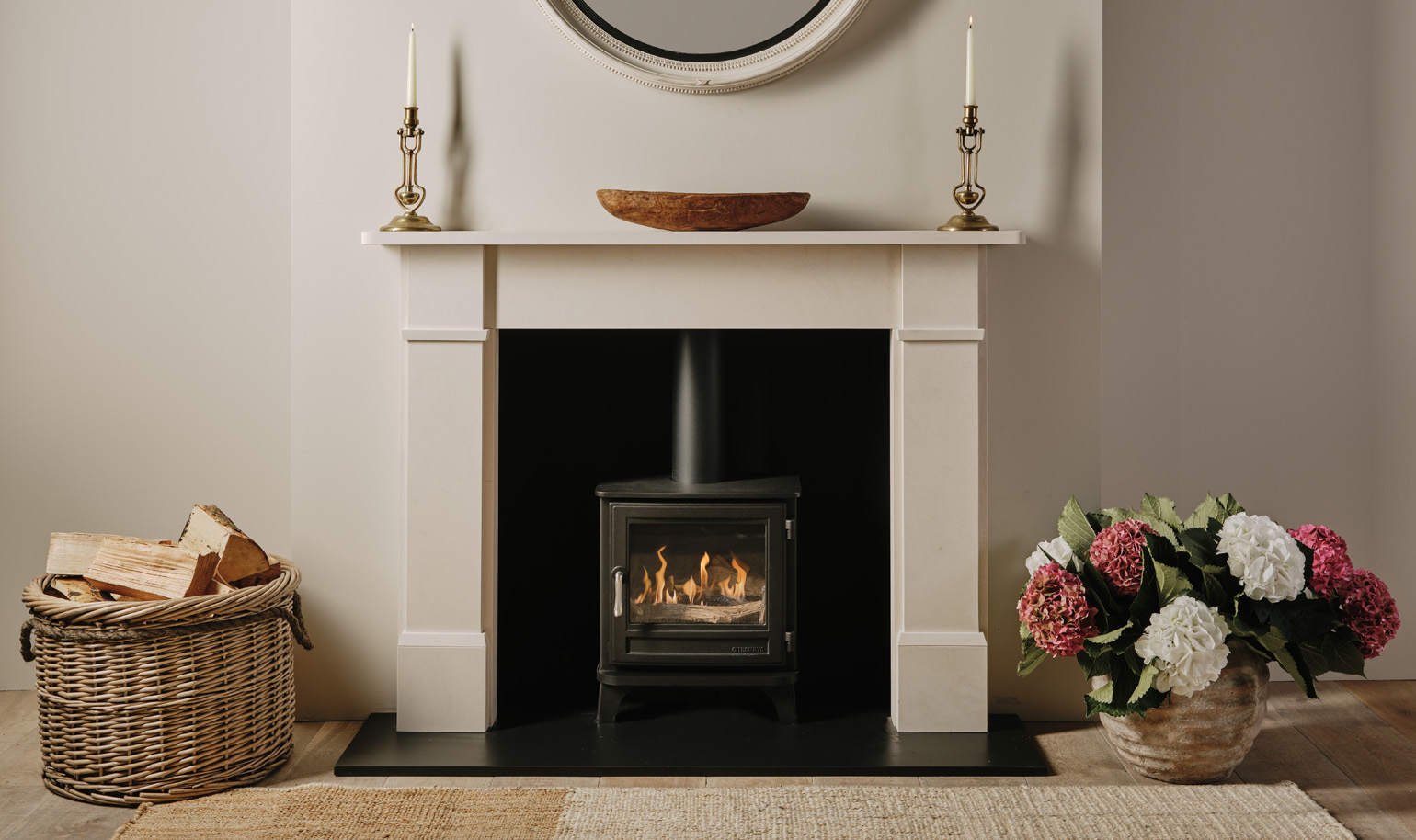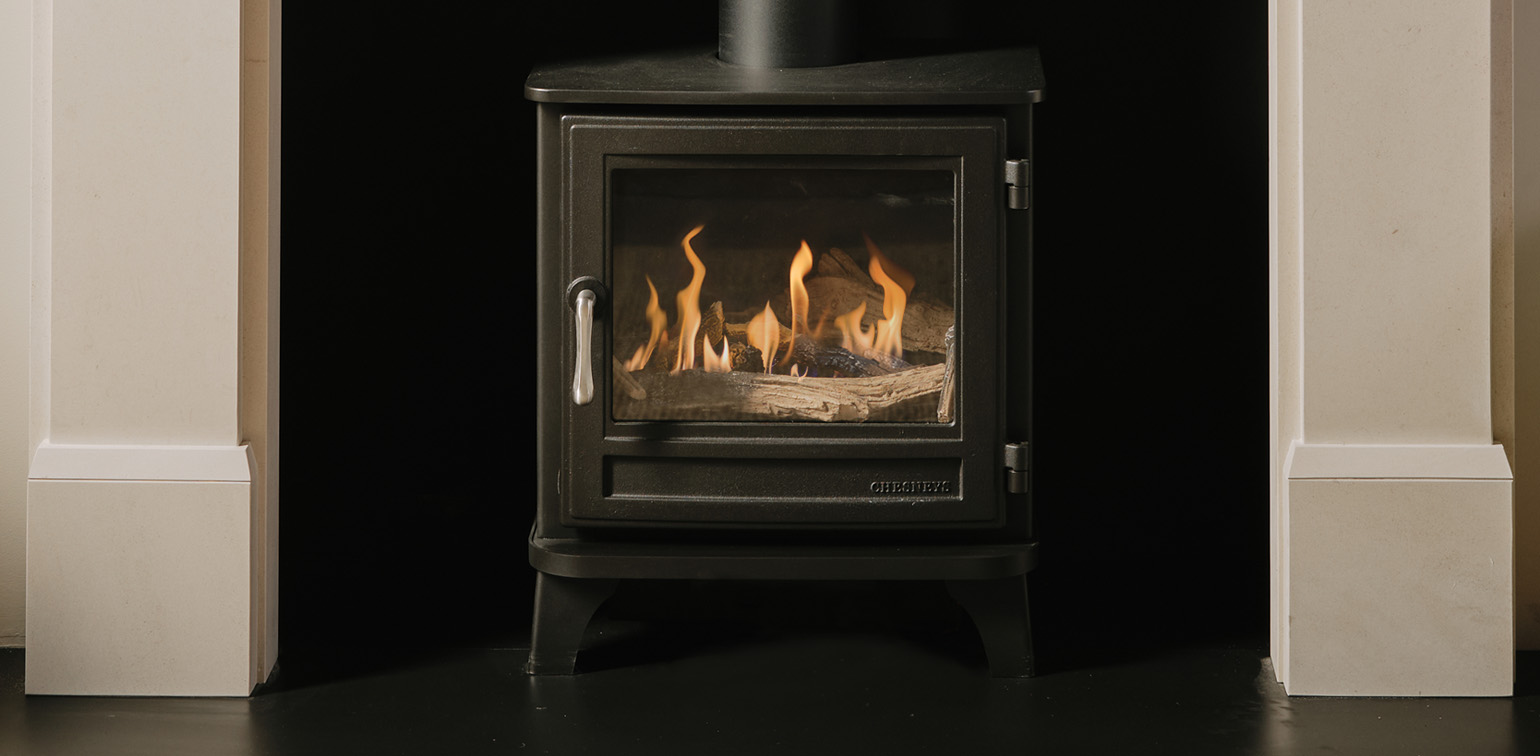A bioethanol stove is a heating appliance that utilises bioethanol as its primary fuel source. Bioethanol, a renewable liquid fuel, is derived from the fermentation of organic plant materials, such as corn, sugarcane, or beets. The main advantage of these stoves is their ability to provide warmth and ambience without the need for traditional venting systems like chimneys or flues. They offer a clean and efficient burn, producing a real flame without releasing smoke or harmful toxins commonly associated with other fuel types.
Bioethanol is a unique green fuel option derived from biological sources, predominantly plant materials. As it originates from renewable resources, it presents a sustainable heating solution with a lesser environmental impact than fossil fuels. When burned, bioethanol undergoes a clean combustion process, emitting only water vapour and carbon dioxide, thus reducing the pollutants that contribute to air quality issues.
Yes, bioethanol stoves are designed for indoor use, provided users follow the manufacturer's safety guidelines. Unlike some traditional stoves, they don't emit harmful gases like carbon monoxide. However, like all fire sources, they consume oxygen during combustion. Hence, it's crucial to ensure proper room ventilation when using the stove to replenish oxygen and release the produced water vapour and carbon dioxide.
Refuelling a bioethanol stove involves pouring the liquid bioethanol fuel into the stove's designated burner or fuel reservoir. Before refuelling, always ensure that the stove has cooled down after previous use and is entirely extinguished. Using a funnel can help avoid spills, and it's pivotal to use only high-quality bioethanol fuel specified for stoves to ensure optimal performance and safety.
Many modern bioethanol stoves come equipped with adjustable burners, allowing users the flexibility to control the flame's intensity and, consequently, the heat output. By regulating the flame, you can set the ambience and warmth of your room to your preference. However, the availability and range of this adjustment can vary across different models and manufacturers.
While bioethanol stoves are praised for their eco-friendliness and ease of use, their heat output may be lower than traditional wood or gas stoves. That said, their efficiency lies in providing immediate heat without lengthy preparation or ignition times. Additionally, they are perfect for rooms or settings where installing a traditional stove with a chimney or venting system would be impractical.
One of the standout features of bioethanol stoves is their flexibility in placement and minimal installation requirements. Most models are freestanding, meaning they don't need a fixed installation. And, since they don't release smoke or harmful toxins, there's no need for chimneys or traditional venting systems. However, as with any combustion process, adequate room ventilation is essential to provide a fresh air supply and ensure the comfort and safety of the room's occupants.
Maintenance for bioethanol stoves is relatively straightforward compared to wood or gas counterparts.
Key aspects include:
- Cleaning the burner from any residue to ensure an even flame.
- Regularly checking for any physical damages or wear.
- Ensuring the stove stands on a stable and fire-resistant surface.
As always, the user manual provided with the specific stove model will give detailed guidance on proper care and maintenance.
Absolutely. One of the major draws of bioethanol stoves is their environmental friendliness. Since bioethanol is derived from renewable plant sources, its usage helps reduce the dependency on fossil fuels. Furthermore, the clean combustion process ensures that emissions are limited to water vapour and carbon dioxide, with no harmful particulates or toxins that other fuels can produce.
Bioethanol fuel is becoming increasingly accessible due to the rising popularity of bioethanol stoves. It can be found at most home improvement stores, fireplace retailers, and online platforms. When purchasing, selecting high-quality, denatured bioethanol fuel designed explicitly for stove usage is essential to ensure a safe and efficient burn.


 Chesneys have developed the most popular stove design from its wood stove range as a fully automated bioethanol stove.
Chesneys have developed the most popular stove design from its wood stove range as a fully automated bioethanol stove. The Salisbury 5 BioEthanol stove including log set as shown above £3,995.00
The Salisbury 5 BioEthanol stove including log set as shown above £3,995.00